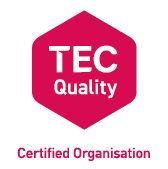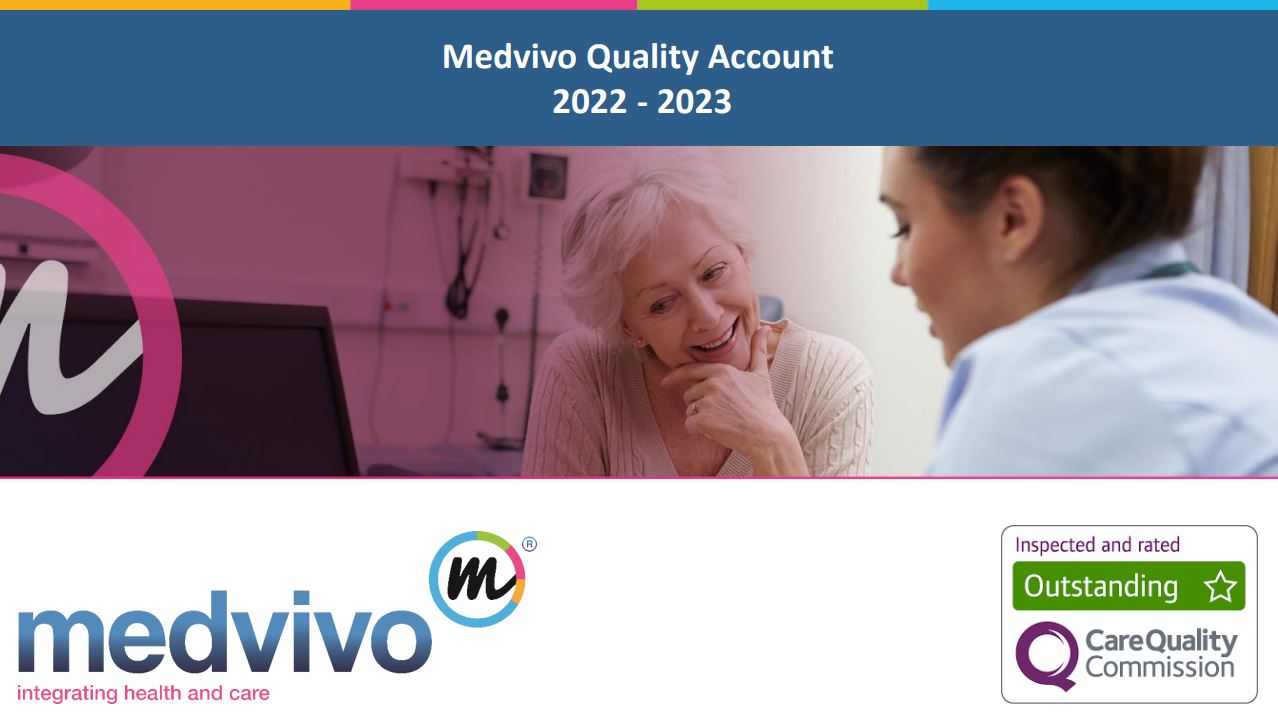Our latest news
The BSW Care Coordination Project - Ambulance Navigation has been awarded the Gold Award at the HSJ Partnership Awards 2024!
We are delighted to announce that the BSW Care Coordination service has been honoured with a gold award in the HSJ Partnership Awards 2024 for Most Effective Contribution to Integrated Health Care.
This recognition is a testament to our dedication to providing comprehensive and seamless care for our patients. Thank you to our amazing team for their hard work and commitment to improving health outcomes for our community.
Read more about the HSJ Partnership Awards 2024 and the Project Synopsis here.
Carbon Footprint Analysis
We worked with Positive Planet to help us measure our business carbon footprint. The Carbon Footprint Analysis - Reporting Year End 31/12/2022 - is available to download here.
Medvivo Carbon Reduction Plan
Medvivo is committed to achieving Net Zero emissions by 2045, in line with the objectives set in the Greener NHS Guidance. Our Carbon Reduction Plan is available to download here.
Quality Account
Read our latest Quality Account 2022-2023 for information about our achievements in relation to effectiveness, safety and experience which demonstrate our commitment to providing consistent, evidence-based, high quality care to those who use our services.
TEC Services Association (TSA) Audit 2023
In September 2023, Medvivo non-clinical Response service had their annual audit by the TEC Services Association (TSA) under their Quality Standards Framework and the organisation was found to be compliant with all requirements of the framework.
This is a great achievement and a reflection of the tremendous work put in by the team to deliver a high quality service.
STANDARDS MODULES
- User & Service Experience
- User Safety
- Effectiveness of service
- Information Governance
- Partnership working & Integrated Services
- Workforce
- Business Continuity
- Ethics
- Performance & Contract Management
- Continuous Improvement & Innovation
SERVICE DELIVERY MODULES
- Response Service

Your login details have been used by another user or machine. Login details can only be used once at any one time so you have therefore automatically been logged out. Please contact your sites administrator if you believe this other user or machine has unauthorised access.



